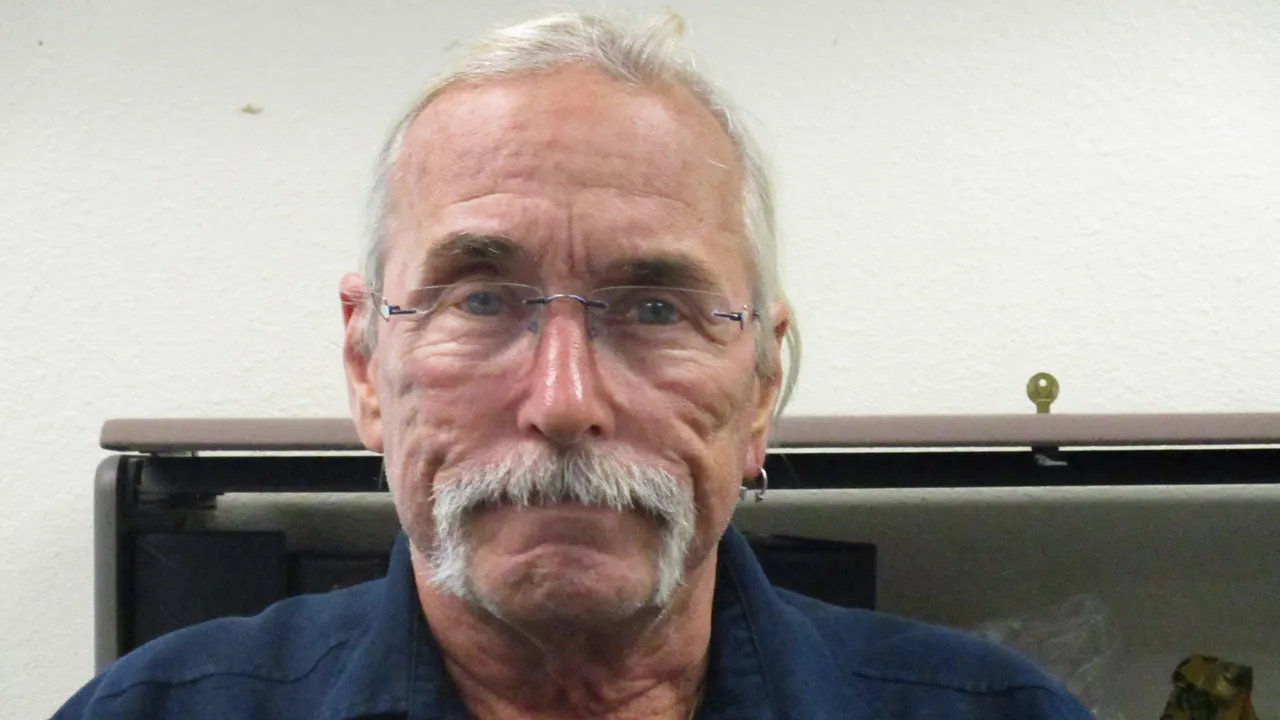As Mr. Biden worked this spring to shore up flagging support among young progressives, canceling student debt against the inclinations of more moderate voters and framing the election as a struggle to save democracy, Senate Democratic candidates were buttressing their images with the center-left and center-right voters they will need in swing states.
Mr. Brown went on the air to play up his bipartisan work to bring semiconductor manufacturing to Ohio, never mentioning Mr. Biden’s name, though the president was instrumental in passing the legislation, known as the CHIPS and Science Act. An ad running in Nevada has Senator Jacky Rosen, a Democrat, promoting herself as “one of the most bipartisan senators” who worked with both parties to help veterans exposed to toxic burn pits in Iraq. Again, Mr. Biden goes unmentioned on one of his signature legislative achievements, the PACT Act.
A recent ad by Mr. Casey in Pennsylvania did one better, featuring hard-hatted workers declaring, “Our own government turned their backs on us, using Chinese steel to build our infrastructure,” adding, “Bob Casey said no way.” Viewers could be forgiven for concluding that “our government” was Mr. Biden’s, even though the president muscled through the “buy American” provision for steel in his infrastructure bill.
But campaign aides in both parties caution not to read too much into the Senate Democrats’ policy plays, communication skills or strategic maneuvering. Their biggest advantages are much more obvious: Democratic senators running for re-election in Montana, Nevada, Ohio, Pennsylvania and Wisconsin have the power of incumbency on their side, working against Republican challengers who are far less known.
And that could matter most.
“We’re so darned busy, we don’t pay attention to politics,” offered Sherry Nelson, 70, who co-owns the Huff-Nel-Sons Farm that hosted Sunday’s dairy breakfast, along with her husband, Larry Nelson, 69. But, she added of Ms. Baldwin, “I think she’s doing a fine job.”






